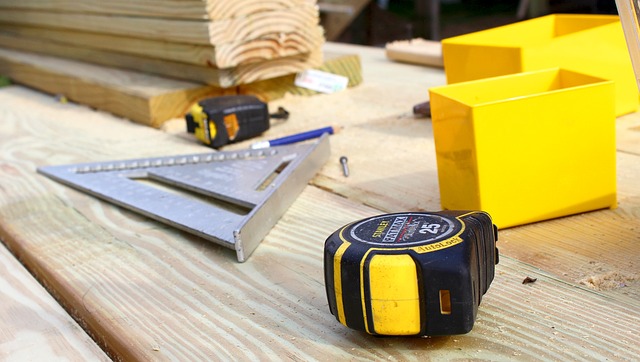
In the construction industry, there are two important types of surety bonds: contract bonds and license or permit bonds. Within contract bonds, there are three more divisions: performance, bid and payment bonds. It’s important to understand what surety bonds are and the different types within the construction and contractor industry.
Surety bonds are a contract between approximately three parties
Obligee – the one who receives the obligation Principal – the one who performs the contractual obligation Surety – ascertains the obligee that the said principal can undertake the task
It promises the obligee a particular amount of money if the principal doesn’t meet the obligation, like satisfying the terms and conditions of a contract. Surety bond does the obligee from losses that could result if the principals do not comply with the obligation.
Contract bonds, simply put, guarantee the actual performance of a written contract according to its terms and conditions. In performance bonds, a contractor issues a bond to perform a project to specifications stated in the contract. The client would be given compensation for a monetary loss up to the amount issued in the bond if the contract was not completed.
Performance bonds are helpful when bidding or negotiating a construction contract. Many times when bidding, there is a concern of how competent and capable the contractor is to do the work. It can be difficult to properly check a contractor’s financial credentials, especially if there are no assets to satisfy a claim. But a performance bond can provide the security needed. A bid bond guarantees that the contractor with the lowest bid will enter into the contract and provide a performance bond.
Typically, project owners are unaware if the contractor has financial stability and the necessary resources to complete a project successfully. A bid bond provides comfort because of the compensation awarded if the project fails. A payment bond ensures that material suppliers, any subcontractors, and all laborers receive compensation. In contracts over $30,000 with the Federal Government, this type of bond is required. Also, they must be 100% of the contract value.
License & Permit Bonds ensure all required codes and regulations and followed. A California contractors license bond is a commonly required license bond by the CSLB. These are usually established by a government entity like a city, town or state. Often the purpose of these types of bonds is for public safety because it indicates the contractor knows and follows the set regulations.
It is wise to contact the licensing agency to make sure the contractor has the necessary bonds and if any claims are pending against the bond
In conclusion, it’s not uncommon for small issues to arise during construction contracts, and most problems can be resolved without involving other parties. It’s important to identify when a problem isn’t being addressed. If this happens, a thorough understanding of the contract and bond will be the best protection. To learn more please visit a trusting bonding website that reveiw contractor bonds in much more depth. Thanks for reading!


